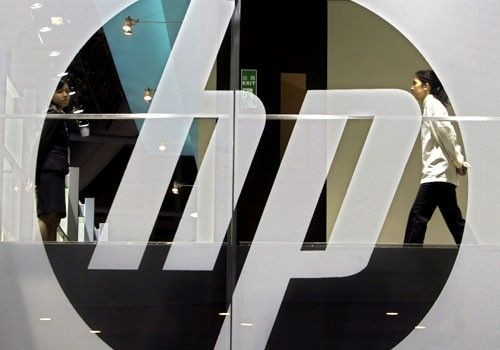HP's webOS-based slates Topaz, Opal to take a shot at iOS, Android, QNX tablets

HP's webOS is coming late to the tablet party but nonetheless it is coming and not with one, but two tablets codenamed Topaz and Opal.
Engadget reported that HP is due to launch a 9-inch tablet under the moniker Topaz and a 7-inch tablet called Opal at the upcoming company event on Feb. 9 at San Francisco. HP had released a teaser in its invite for the event requesting the delegates to Think Big, Think Small, Think Beyond.
The report cited that the tablets will be powered by a 1.2 GHz processor. Opal's WiFi only, AT&T 3G and Verizon LTE are due to arrive by September. The arrival seems a tad bit late especially since the webOS tablets will be slugging it out with iPad 2. Also Motorola's Xoom and PlayBook will be in the field soon.
Other specs that have surfaced include a front-facing camera, three speakers, micro USB port and button-free form.
The launch will primarily pitch webOS against Apple's iOS, Google's Android, Windows 7 and RIM's QNX. It's more of a platform war rather than device. However, the coming of webOS has raised questions as to whether there is room for another OS. ZDNet's Steven J. Vaughan-Nichols, in fact, broaches on the line as to whether another Linux-based OS will, indeed, be appealing to developers and users. He states that both Android and Nokia and Intel's brainchild MeeGo are based on Linux.
HP acquired Palm for $1.2 billion in April 2010, since then it has attempted to make the webOS 2.0 appealing to developers as its SDK with the Mojo Framework allows developers to create apps in HTML, CSS and JavaScript, which appeals to the web developer community as they can create native apps using web languages. It also offers a Plug-in Development Kit (PDK) which makes porting of applications written for other platforms to webOS possible. The PDK enables developers to use C and C++ alongside web technologies.
As cornering a large part of the mindshare is the key to success in the current market, HP may also be trying to woo developers since it launched its webOS 2.0 beta in September 2010. Android and iOS already have a host of developers writing apps for their tablets, thus webOS can actually compete with BlackBerry maker RIM's QNX-based PlayBook as its OS is a new entrant in the market.
The CES 2011 has seen more than 100 tablets launched and thus HP has a lot to contend with. Also in the balance is Microsoft's stake. Suppose, the webOS tablets gain mileage, then HP may shift focus away from developing Windows 7-based tablets like HP Slate 500 and the possible loss of HP as a major partner in its tablet plans can severely hurt Microsoft.
© Copyright IBTimes 2025. All rights reserved.



















